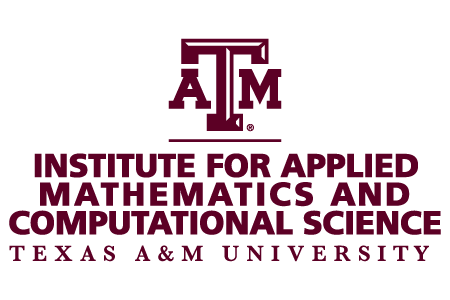Nilanjana Laha, Texas A&M University
Talk Title: “Optimal Dynamic Treatment Regimes via Smooth Surrogate Losses”
Abstracts: Large health care data repositories such as electronic health records (EHR) open new opportunities to derive individualized treatment strategies for complicated diseases such as sepsis. In this talk, I will discuss the problem of estimating sequential treatment policies tailored to a patient’s individual characteristics, often referred to as dynamic treatment regimes (DTRs). Our main objective will be to find the optimal DTR that maximizes a discontinuous value function through direct maximization of Fisher consistent surrogate loss functions. In this regard, we demonstrate that a large class of concave surrogates fails to be Fisher consistent — a behavior that differs from the classical binary classification problems. We further characterize a non-concave family of Fisher consistent smooth surrogate functions, which can be optimized via gradient descent using off-the-shelf machine learning algorithms. Compared to the existing direct search approach under the support vector machine framework (Zhao et al., 2015), our proposed DTR estimation via surrogate loss optimization (DTRESLO) method is more computationally scalable to large sample sizes and allows for broader functional classes for treatment policies. We establish theoretical properties for our proposed DTR estimator and obtain a sharp upper bound on the regret corresponding to our DTRESLO method. The finite sample performance of our proposed estimator is evaluated through extensive simulations. Finally, we illustrate the working principles and benefits of our method for estimating an optimal DTR for treating sepsis using EHR data from sepsis patients admitted to intensive care units.

